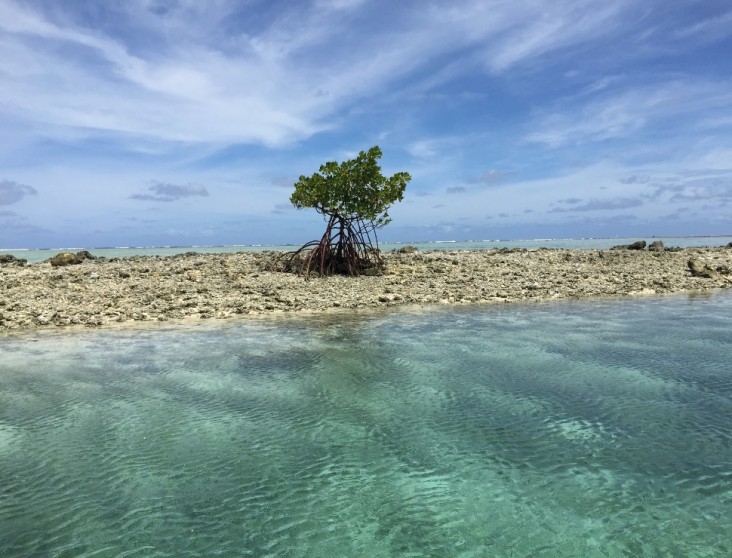
Pacific Island countries are highly vulnerable to the negative effects of climate change. More than 8.5 million people across the region depend for their livelihood primarily on tourism, fisheries, forestry and agriculture, all of which are highly sensitive to rising sea levels, changing ocean temperatures and acidity, and shifting rainfall and storm patterns. Civil society organizations (CSOs), which play a critical role in the region’s social and economic development, are often hindered by a lack of resources and managerial capacity from responding to climate change challenges.
PROJECT OVERVIEW
PACAM is a five-year USAID grant facility that provides awards through an open and competitive process to non-sovereign CSOs, including local, national, and internationally-operating entities. The Fund supports grantee projects that assist Pacific Island communities to adapt to the negative impacts of climate change and provide co-benefits or solutions to other development challenges, such as livelihood enhancement, improved health, food security, water availability, ecosystem conservation, and better governance.
The Pacific-American Climate Fund encourages the development of innovative adaptation measures that can be replicated and scaled-up at the community level. Special consideration is given to climate change interventions by female community members, or those that create opportunities for women’s economic participation.
The grantee selection process begins with the submission of project concept papers from interested CSOs to the PACAM Administrative Office. CSOs with promising concept papers are then invited to develop these into full proposals for review.
The Pacific-American Climate Fund works in tandem with the CSOs to ensure proper grant implementation and reporting in compliance with USAID guidelines and procedures. In this manner, CSOs “learn by doing” and strengthen their internal capacities.
Improved proficiency in grant management will enable these organizations to eventually scale up their climate change adaptation efforts, collaborate with other organizations, and engage in more complex projects, including public-private partnerships. The grant facility will also capture and disseminate best practices and lessons learned to a variety of stakeholders, including those at the community level.
PACAM activities are conducted in coordination with U.S. Government partners, including U.S. Embassies, the Peace Corps, and implementers of other USAID activities in the Pacific Islands.







Comment
Make a general inquiry or suggest an improvement.